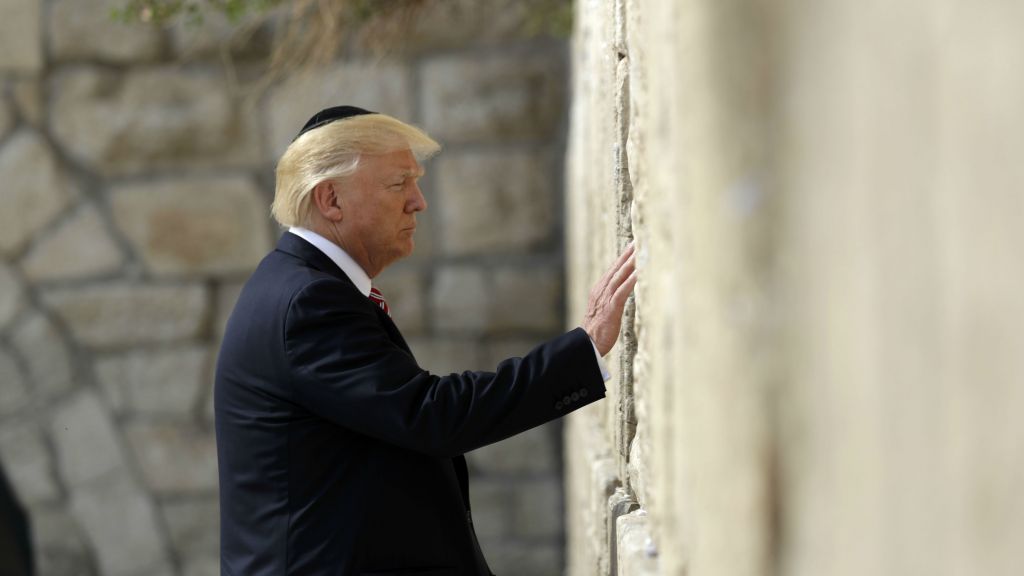U.S. President Donald Trump announced this Friday, October 23 the normalization of diplomatic relations between Israel and Sudan, assuring that the two countries had made “peace”.
After the United Arab Emirates and Bahrain, the Hebrew State will normalize its relations with a third country. Israel and Sudan have made “peace,” Trump said after a telephone conversation with the leaders of the two countries, which was attended by journalists. “The president announced that Sudan and Israel have agreed to normalize their relations, another major step toward peace in the Middle East,” said a spokesman for the U.S. executive branch.
This Friday’s announcement is considered in Israel as a pivotal event in the Middle East.
Fifty-three years after the Khartoum Resolution proclaiming the three “no’s” of the Arab League – no to peace with Israel, no to recognition of the Hebrew state, and no negotiations with Israel – Sudan says exactly the opposite, enthused Benyamin Netanyahu: yes to these three options.
“It is a new era, an era of true peace, peace that is spreading to new Arab countries. Three of them in recent weeks. We are widening the circle of peace. What an emotion. Let’s hope it continues,” said the Israeli Prime Minister.
In Jerusalem, it is reported that Israeli and Sudanese delegations will meet very soon to consider cooperation in various fields. From now on, it is also said, the Sudanese skies are open to Israeli commercial flights.
Just before the announcement of this standardization, the U.S. executive announced Donald Trump’s intention to remove Khartoum from the list of states supporting terrorism. Sudanese Prime Minister Abdullah Hamdok thanked Donald Trump at the appeal, welcoming the major impact this measure would have on the Sudanese economy.
The Palestinian presidency condemned and rejected the agreement “with the Israeli occupation country that usurps Palestinian land”. President Abdelfattah al-Sissi, whose country was the first in the region to establish diplomatic relations with the Jewish state in 1979, for his part “welcomed the joint efforts of the United States, Sudan and Israel regarding the normalization of relations between Sudan and Israel. “I appreciate all efforts to achieve stability and peace in the region,” he tweeted.
But in Sudan, the news is not unanimous. Rather, it was the armed forces that supported the agreement against the advice of Abdalla Hamdok’s civilian government and public opinion, which is more concerned about the economic and social difficulties it faces in the immediate future.
Sudan: The US announces normalization of diplomatic relations between Israel
